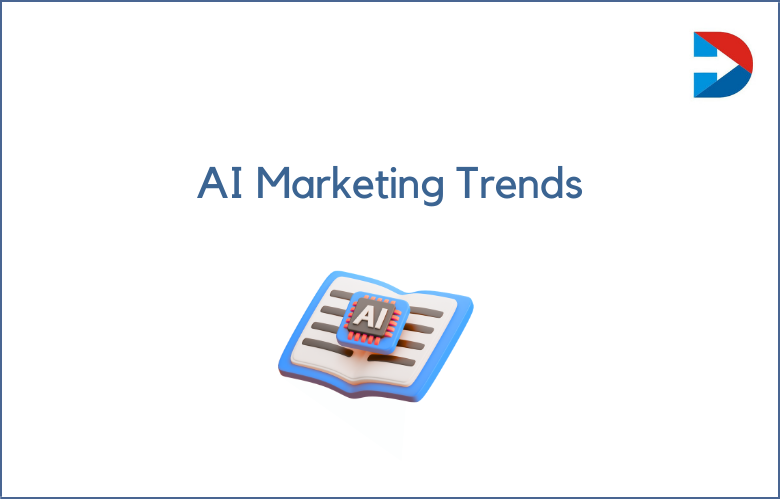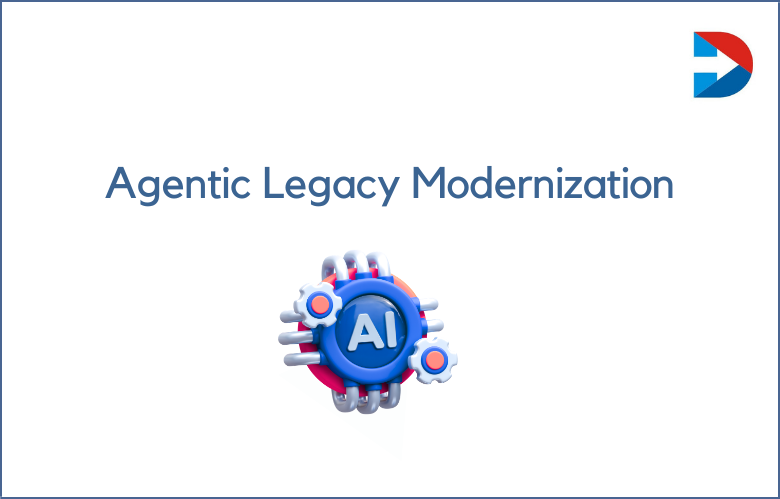
Web cookies are an integral part of digital marketing. They are small data stored on your web browser and used to track information about your online activity.
Web cookies provide a wealth of information that can be used to tailor advertisements and content to your interests.
We explore the importance of web cookies in digital marketing and how you use them to optimize your website’swebsite’s performance.
In digital marketing, web cookies are essential for tracking website visitors and understanding their behavior. Cookies are small data stored on a user’suser’s computer.
They help marketers understand what web pages people visit and how they interact with them to improve marketing campaigns.
What are Web Cookies?
Web cookies are small snippets of code that websites store on users’ devices when they visit the site. These small pieces of code contain information about the user’suser’s browsing history, preferences, and other data that can be used to customize the user experience.
For example, web cookies might remember what pages you viewed or
what products you added to your shopping cart so that when you return to the website, it will show you relevant ads or content related to those items.
Web cookies are small data stored on a user’suser’s computer when they visit a website. This data can include user preferences, login information, and other metrics.
That helps web developers understand how people use websites. For example, if you visit an e-commerce website and add items to your cart, the website will use a cookie to remember that those items are in your cart so that you don’t have to re-add them when you return later.
Using Web Cookies for Targeted Advertising
Targeted advertising is one of the primary uses for web cookies. Businesses can better understand their customers by analyzing the data collected from web cookies.
Interests and target them with more relevant ads based on their previous behavior on their websites or elsewhere online.
This allows companies to create personalized ads that are more likely to result in conversions since they will be tailored specifically for each customer.
Furthermore, using web cookies helps businesses save time and money by only serving ads to people most likely interested in what they offer.
Web cookies provide invaluable insights into how people interact with websites by tracking their behavior.
This can be used to create better digital marketing campaigns by targeting specific audiences with tailored content. For example, if someone visits a website multiple times but has yet to make a purchase.
The marketer can tailor their future campaigns towards this person to convert them into customers, similarly, if someone comes to the same page multiple times.
Only sometimes makes it past the first step in an online process (such as filling out a form), the marketer can identify which parts of the process need improvement to increase conversions.
| Type of Cookie | Description |
|---|---|
| Session cookie | A cookie that is deleted when the user closes their web browser. It is used to maintain state information during a user’s browsing session. |
| Persistent cookie | A cookie that remains on the user’s device even after the browser is closed. It is used to remember user preferences and login information. |
| Secure cookie | A cookie that is only sent to the server over a secure (HTTPS) connection to protect sensitive information. |
| HttpOnly cookie | A cookie that is not accessible from client-side scripts to protect against cross-site scripting (XSS) attacks. |
| SameSite cookie | A cookie that limits the cookie’s scope to first-party or same-site requests to protect against cross-site request forgery (CSRF) attacks. |
| Third-party cookie | A cookie that is set by a domain other than the one being visited by the user. It is often used for tracking and advertising purposes. |
| Zombie cookie | A cookie that is automatically recreated after being deleted, often by exploiting browser vulnerabilities. It is considered a security risk. |
How can You use Web Cookies to Optimize Your Website?
By leveraging web cookie data, businesses can gain insight into how people use their websites and interact with elements like forms or buttons.
This helps them identify areas where they need improvements, such as slow loading times or confusing navigation menus, so they can quickly address any issues and improve their website’swebsite’s performance over time.
Web cookie data can help businesses determine which content performs best on their website. Hence, they know which topics resonate most with their audience and which need more work.
What is the Purpose of Web Cookies?
The primary purpose of web cookies is to track users’ habits and preferences so that marketers can better target them with relevant advertisements.
When a user visits a website, the site stores data about their activity as a web cookie, including what pages were visited, how long each page was viewed, and other details that help create an accurate profile of who this user is and what interests them.
By tracking this data over time, marketers can get an even more detailed picture of their customers and what they like. This allows them to create more effective marketing campaigns that target specific audiences with tailored messages.
That will be more likely to connect with them. Web cookies also allow marketers to track conversions or when someone takes action after seeing and signing up for an email list or purchasing.
This helps marketers understand which ads are working best so they can optimize their campaigns accordingly.
How do Web Cookies help with Digital Marketing?
Web cookies allow marketers to collect anonymous data about how users interact with their websites and use this data to target ads and content better.
For example, you know that a user has previously visited your clothing page. In that case, you can tailor ads for clothing-related products or offer discounts on clothing items when they visit other pages.
Using web cookies ensures that every message is explicitly targeted to the user who will see it.
You can also use web cookies for more advanced forms of targeting, such as retargeting campaigns, which serve ads to users who have interacted with your brand in some way (like visiting your website).
Retargeting campaigns allow you to keep reminding potential customers about your product or service until they eventually purchase. Web cookies are small data stored on a user’s computer when they visit a website.
This data can include user preferences, login information, and other metrics that help web developers understand how people use websites—for example, visiting an e-commerce website and adding items to your cart.
The website will use a cookie to remember those items in your cart, so you don’t have to re-add them when you return later.
Conclusion
In conclusion, web cookies play an essential role in digital marketing by providing valuable insights into customer behavior and enabling businesses to create more targeted advertising campaigns and optimize their websites for better performance.
By leveraging web cookie data, enterprises have a powerful tool to help them grow their business by understanding what works best for their customers and delivering a more personalized experience across all channels.
With the right approach, web cookies can be a game-changer for any business looking to get ahead in today’stoday’s competitive digital marketplace.



